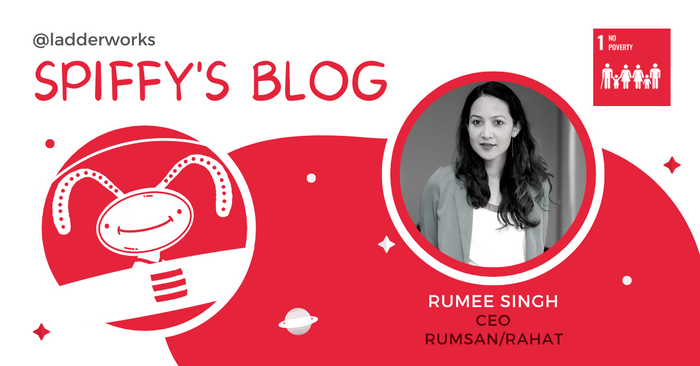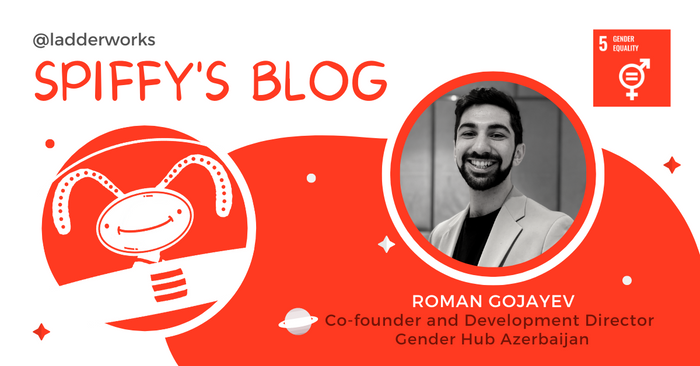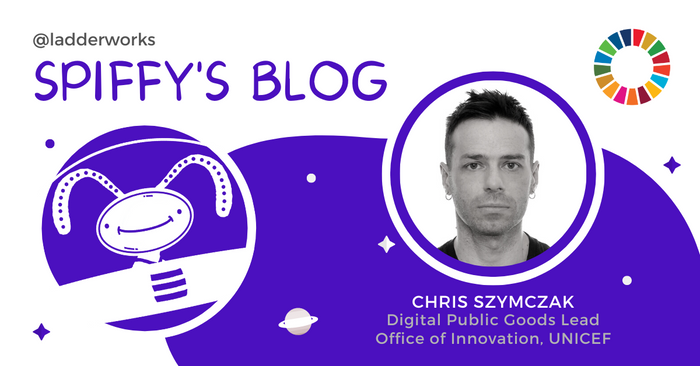Rumee Singh: Helping Protect and Support Local Nepali Farmers




Chris: Thanks for having me, Spiffy! In a poll made by UNICEF, 67% of young people feel they have limited to no control over how technology will impact their lives in the next 10 years. How can they think otherwise if they didn’t participate in designing it? Today's youth is largely excluded from taking control of their own digital destiny. UNICEF supports youth who want to build technology that benefits public good—digital public goods (DPGs). At the end of the nineteenth century, western world-dominating countries colonized nations under the premise that they had no sovereignty and resources to properly manage their own affairs; we are facing a digital version of this process today. Digital public goods developed locally, by the future generation, fast forward digital development towards equity.